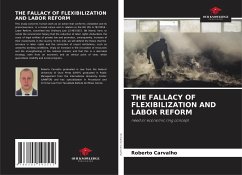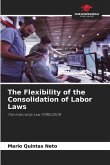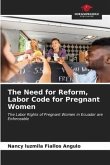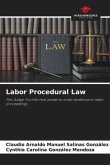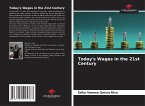This study concerns human work as an action that conforms civilization and its precariousness, in a broad sense and in relation to the Bill (PL) 6.787/2016 - Labor Reform, converted into Ordinary Law 13.467/2017. We intend, here, to refute the economicist fallacy that the reduction of labor rights disburdens the costs of legal entities of private law and promotes, consequently, increase of their investments in the country. To this end, we will defend the thesis that the increase in labor rights and the correction of unjust institutions, such as unworthy working conditions, imply an increase in the circulation of resources and the strengthening of the national market, and that this is a desirable strategy, both from an economic and an ethical point of view, which guarantees stability and social progress.
Bitte wählen Sie Ihr Anliegen aus.
Rechnungen
Retourenschein anfordern
Bestellstatus
Storno

